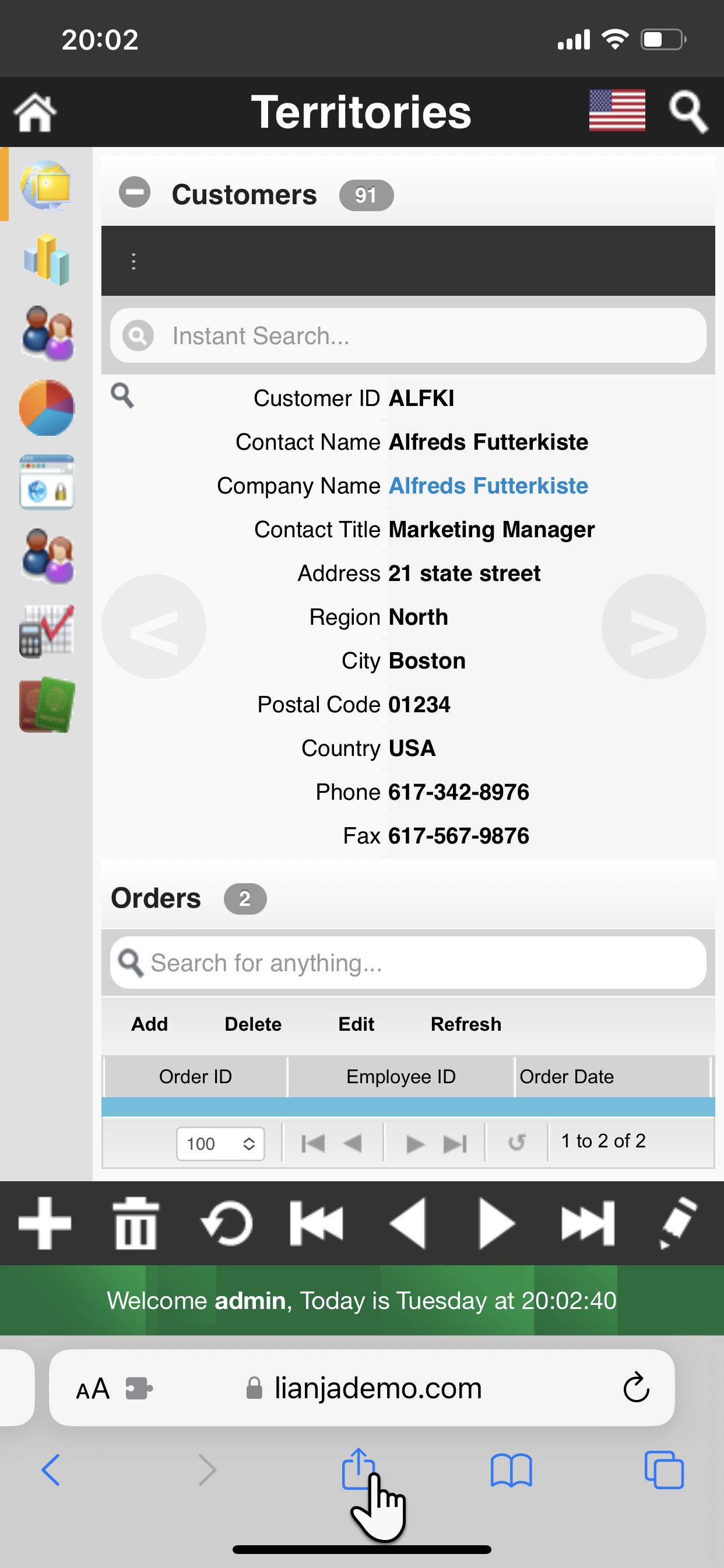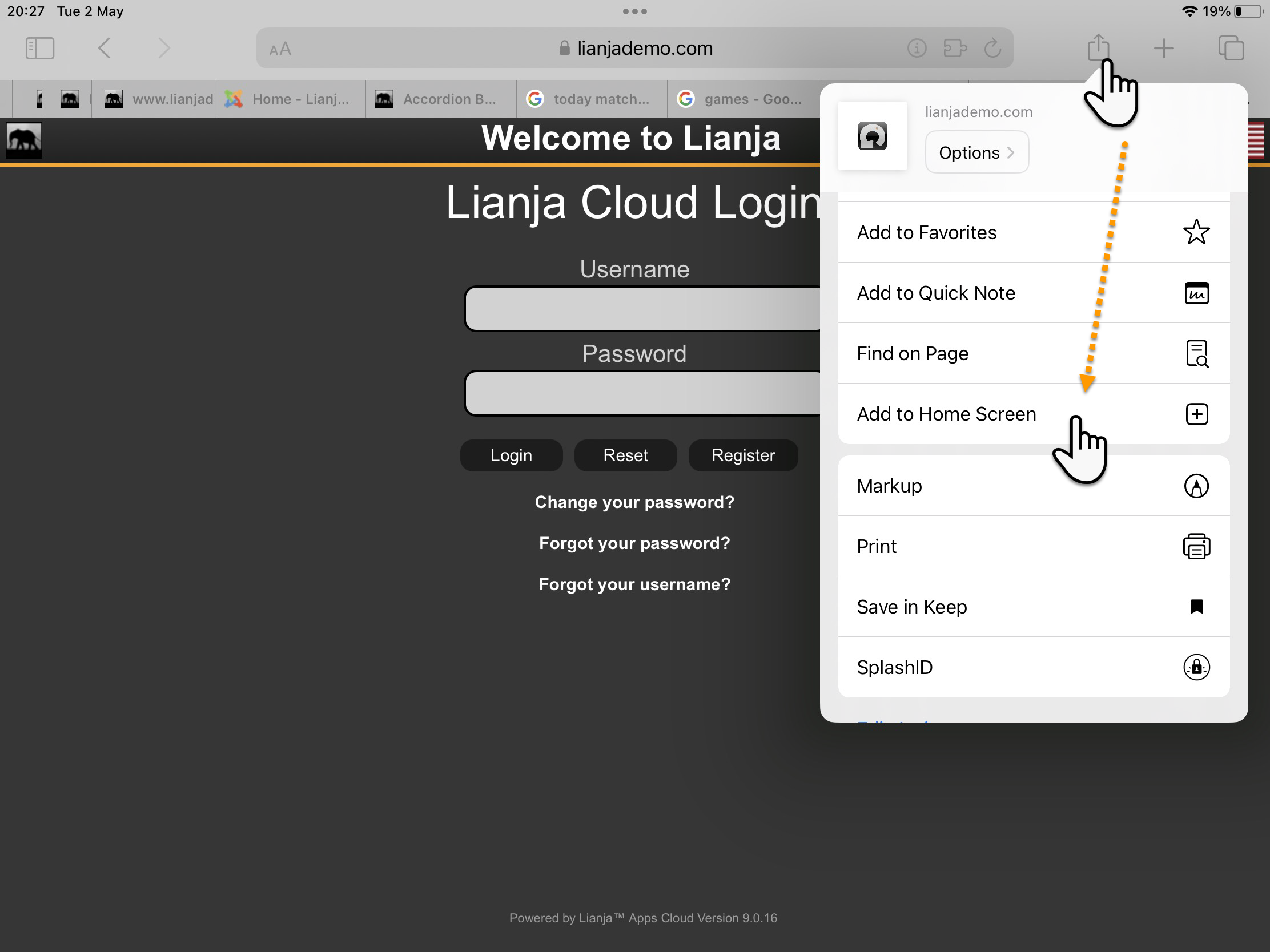Why Low-Code? Unleash the Future of Software Development
- Written by: Lianja Development Team
- Category: Blog articles
- Hits: 825
Introduction:
At Lianja we are passionate about low-code and truly believe it to be future of line of business software development.
Todays world is one where digital transformation is no longer an option but a necessity, businesses are constantly seeking ways to accelerate their software development processes. Enter low-code tools, a game-changing approach that empowers both professional developers and citizen developers to create applications with greater speed and efficiency. With the ability to revolutionize the software development landscape, low-code tools are rapidly gaining traction and positioning themselves as the future of application development.
What is driving low-code adoption?
Simplifying Development Process:
Low-code tools are designed to simplify the development process, enabling developers to build applications with minimal coding efforts. This simplicity is reflected in the reduced reliance on traditional hand-coding, allowing developers to focus more on the logic and functionality of their applications. As Barry Mavin the principal developer of Lianja and Recital put it, "Low-code tools have the potential to democratize software development, making it more accessible to individuals with domain knowledge but limited coding skills."
Increased Speed and Efficiency:
One of the key advantages of low-code tools lies in their ability to significantly reduce development time. According to a recent study by Forrester, organizations leveraging low-code platforms experienced an average of 10 times faster application development cycles compared to traditional development methods. This remarkable boost in speed enables businesses to quickly respond to changing market demands and gain a competitive edge.
Bridging the Skills Gap:
The shortage of skilled developers has long been a challenge in the software industry. However, low-code tools have emerged as a solution, bridging the skills gap by empowering non-technical individuals to participate in the development process. Gartner predicts that by 2024, low-code platforms will be responsible for over 65% of all application development activities. With low-code tools, businesses can tap into a broader pool of talent, fostering collaboration between business users and IT professionals.
Empowering Citizen Developers:
Citizen developers, or non-professional developers, are individuals within organizations who possess domain expertise but lack traditional programming skills. Low-code tools enable citizen developers to create applications tailored to their specific needs, reducing dependency on IT departments.
Continuous Innovation:
Low-code tools foster a culture of continuous innovation, enabling organizations to iterate and improve their applications rapidly. Through the use of visual interfaces and drag-and-drop functionality, developers can experiment and iterate quickly, reducing the time required for testing and deployment. This agile approach promotes a faster feedback loop and ensures that businesses can stay ahead in a rapidly evolving market.
Conclusion:
Low-code tools are set to revolutionize the world of software development by offering simplicity, speed, and empowerment to both professional developers and citizen developers. As industry leaders recognize the value of low-code platforms, adoption rates are soaring, signaling the paradigm shift taking place in application development. With the ability to bridge the skills gap, enhance efficiency, and drive continuous innovation, it's clear that low-code tools are the future of software development. Embracing this technological advancement will empower organizations to unlock their full potential in the digital age. So, are you ready to join the low-code revolution?






